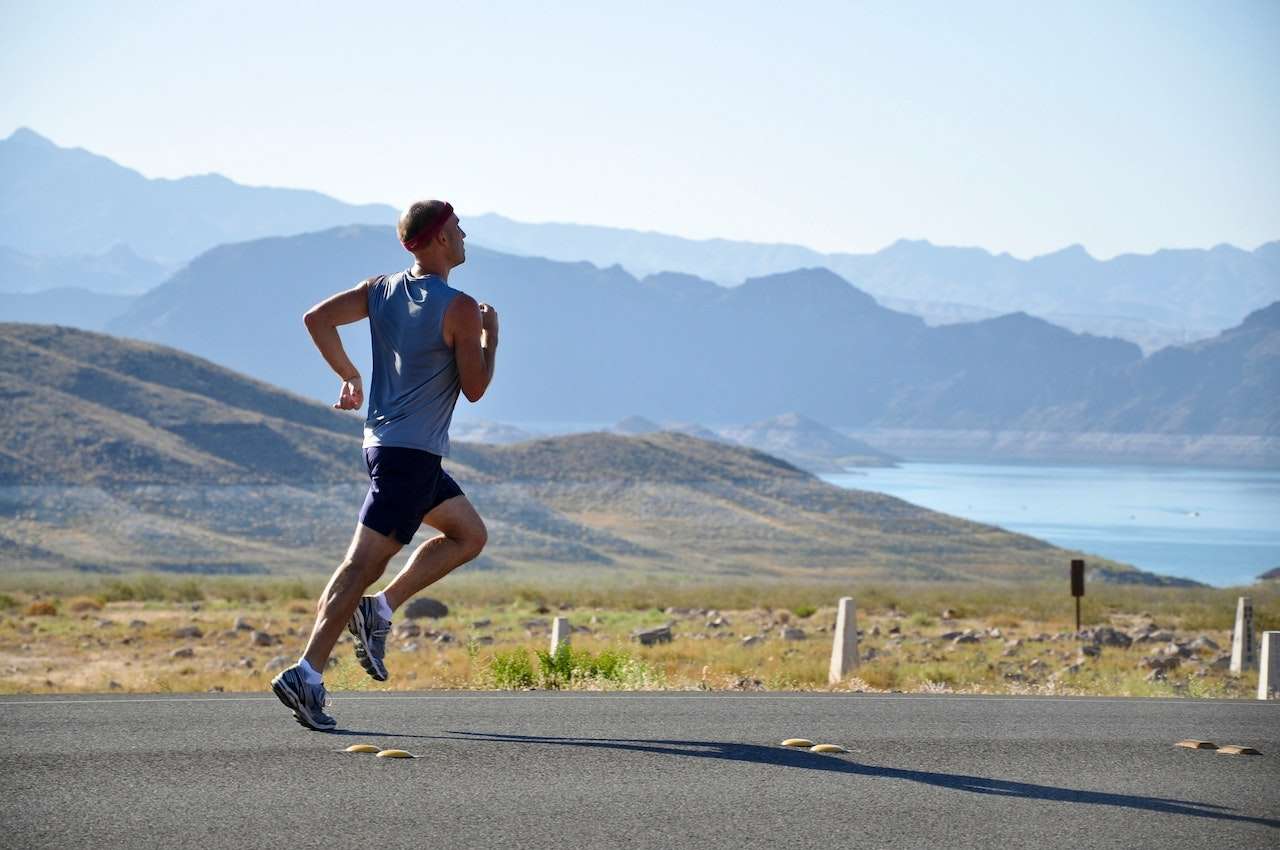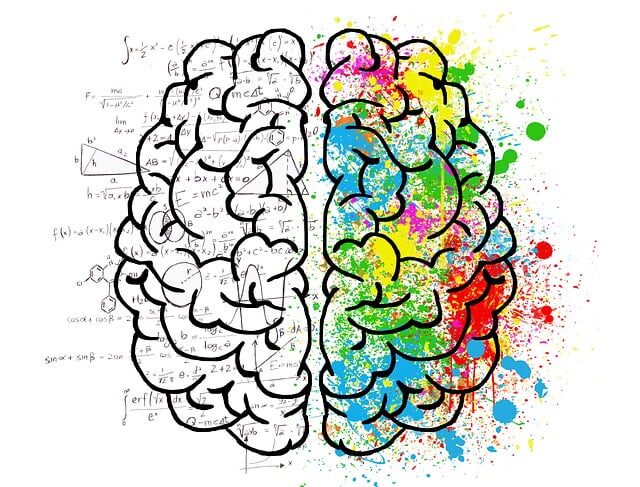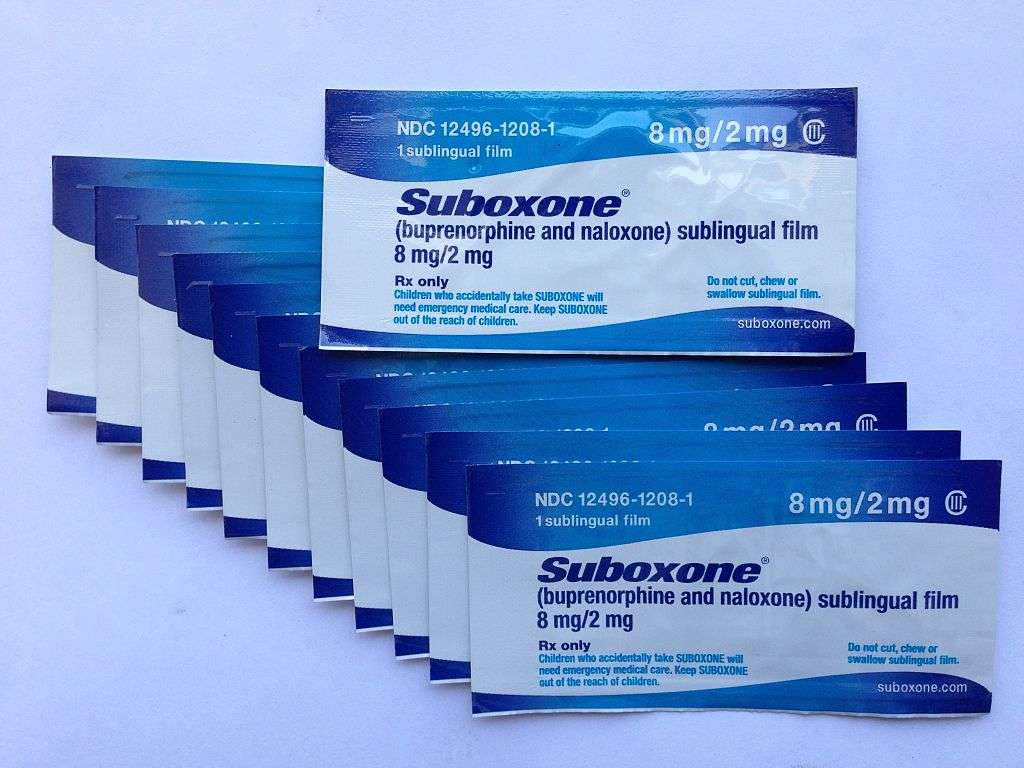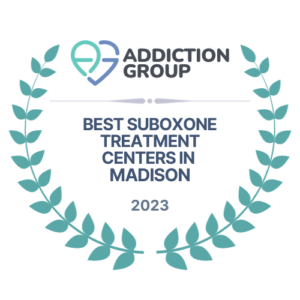We’re often looking for tangible, effective solutions to our most pressing health problems. One problem that continues to plague millions worldwide is alcohol addiction. Yet, it’s not all doom and gloom – recovery is possible, and for many, it can be a reality. The journey to recovery, however, is never a straight line; it often involves a combination of medical treatment, therapy, support groups, and importantly, lifestyle changes.
But where does exercise fit into this picture? Can breaking a sweat be more than just a way to keep fit and possibly play a significant role in overcoming alcohol addiction? Can it play a crucial role in alcohol addiction recovery? That’s the question we’re aiming to answer in this piece.
Exercise has been touted for its many health benefits, both physical and mental. Understanding alcohol addiction and recovery involves exploring the complex interplay between physical dependency, psychological triggers, and the many facets of recovery. It’s a journey that many brave individuals embark on, seeking healthier and more fulfilling lives.
What is Alcohol Addiction?


Alcohol addiction, also known as alcoholism, is a chronic, relapsing disease that is characterized by a person’s inability to control or stop drinking despite adverse social, occupational, or health consequences. It’s not just “drinking too much”—it’s a deeper, more serious condition that requires professional intervention.
It’s a spectrum that ranges from alcohol abuse (drinking more than the recommended limits) to full-blown dependence, with physical withdrawal symptoms. There’s an all-consuming craving for alcohol, a loss of control over intake, and a spiraling cycle of tolerance and withdrawal.
The road to recovery is neither straight nor easy. It’s an ongoing process that requires commitment, support, and various strategies to cope with the physical and psychological aspects of addiction.
Recovery doesn’t just involve abstaining from alcohol. It includes learning new ways to cope with stress, rebuilding broken relationships, restoring physical health, and fostering mental well-being. And here’s where exercise can potentially enter the picture as a powerful tool.
Exercise in Addiction Treatment
When we think of addiction treatment, our minds typically drift to medication, counseling, and support groups. While these are indeed cornerstones of effective treatment, there’s growing interest in the potential role of physical activity in aiding recovery. But how does exercise fit into this complex puzzle?
The Exercise-Recovery Connection
Engaging in regular physical activity can offer a myriad of benefits for those in recovery. Beyond the obvious physical health improvements, exercise can play a crucial role in psychological well-being.
Establishing a fitness routine provides structure to one’s day, a feature that can be immensely helpful when navigating life post-addiction. It gives individuals a positive, constructive way to fill their time, offering a welcome distraction from thoughts of alcohol.
Exercise also fosters a sense of accomplishment. Each workout completed, each goal reached can help boost self-esteem and reinforce the belief that recovery is indeed possible.
Exercise and Alcohol Abuse
In the context of alcohol abuse, the benefits of exercise extend even further. Regular physical activity can help regulate sleep patterns disrupted by alcohol abuse, promote better nutrition, and even mitigate some of the physical damage caused by prolonged excessive drinking.
But perhaps one of the most significant advantages is the potential impact on mental health. It’s no secret that many struggling with alcohol abuse also contend with mental health issues such as anxiety and depression. Exercise has been shown to alleviate symptoms of these conditions, offering a natural way to manage these co-occurring disorders.
That being said, it’s important to note that while exercise holds promise as a supplemental tool in addiction treatment, it should not replace professional medical care. It’s a potential part of the solution, not the solution itself.
The Science Behind Exercise and Recovery


The intersection of exercise and recovery goes beyond anecdotal evidence and personal testimonies. It is rooted in science. Research continues to unfold, revealing how physical activity can be a powerful ally on the journey to recovery. But how exactly does exercise help?
Exercise and the Brain
To understand the exercise-recovery connection, it helps to explore what happens in the mind during physical activity. When we exercise, our brain goes through a series of changes. One of the most notable changes is the increased production of endorphins – neurochemicals that act as natural painkillers and mood elevators.
These endorphins are often responsible for what’s known as the “runner’s high,” a feeling of euphoria that can follow intense physical activity. This natural high can be particularly beneficial for those in recovery, providing a healthy alternative to the chemical highs previously sought through alcohol.
Additionally, regular exercise can stimulate neurogenesis – the birth of new neurons – particularly in the hippocampus, an area of the brain associated with memory and learning. This is crucial as chronic alcohol abuse can damage the hippocampus, impairing memory and cognitive function.
Exercise and Mental Health
On top of these physiological benefits, exercise is also known to positively impact mental health. Regular physical activity has been found to reduce symptoms of depression and anxiety, conditions often co-occurring with alcohol addiction.
By reducing stress levels, enhancing mood, and improving sleep, exercise can help address some of the root causes that often contribute to substance abuse, making it a beneficial component of a comprehensive addiction treatment plan.
Moreover, committing to a regular fitness regimen can help build self-esteem and resilience, fostering a sense of control and empowerment, essential attributes in maintaining long-term sobriety.
It’s fascinating how exercise, a seemingly simple act, can profoundly affect the brain’s function and, by extension, aid in alcohol addiction recovery. However, it’s important to remember that while exercise provides numerous benefits, it isn’t a standalone treatment but rather a part of a holistic approach to recovery.
Exercise in Your Addiction Treatment Plan
Implementing exercise as part of an addiction treatment plan can look different for everyone. The key is to find a fitness routine that not only caters to your physical abilities but also resonates with your interests. This way, exercise doesn’t feel like a chore but a joy, an activity that uplifts rather than depletes you.
Your Fitness Routine
Embarking on a fitness journey doesn’t necessarily mean signing up for a marathon or hitting the gym for hours on end. It can be as simple as taking a daily walk in the park, practicing yoga, or dancing in your living room.
The type of activity matters less than its regularity. Consistency is key. Whether it’s 30 minutes a day or a couple of hours a week, what’s important is that it becomes part of your routine, a habitual act woven into the fabric of your life.
Listen to your body and start slow. If you’re new to exercise, it’s okay to take it easy at first. Gradually increase the intensity and duration of your workouts as your strength and endurance improve. The goal is to create a sustainable fitness routine, not to push yourself to the point of burnout.
Remember, it’s not a competition. The journey to recovery is a personal one, and so is your fitness journey. Your progress isn’t defined by others but by your own measures. Each step you take towards a healthier you, no matter how small, is a victory worth celebrating.
Exercise Therapy
In recent years, the concept of exercise therapy has gained traction as a potentially effective intervention in addiction treatment. This approach goes beyond encouraging physical activity as a healthy lifestyle change. It integrates exercise into the therapeutic process.
Exercise therapy might involve structured, therapist-guided workouts designed to achieve specific therapeutic outcomes, such as stress reduction, mood enhancement, or improved self-esteem. It might also encompass activities that foster mindfulness and body awareness, like yoga or Tai Chi.
Just as traditional therapies are tailored to the individual’s needs, so too is exercise therapy. It’s a versatile tool that can be adjusted according to the individual’s physical health, preferences, and recovery goals.
While the research into exercise therapy is promising, it’s important to note that it’s usually implemented alongside other treatments, like counseling or medication. As with any aspect of recovery, it’s crucial to seek professional guidance before making any significant changes to your treatment plan.
Research on Exercise and Addiction Recovery


As we delve further into the connection between exercise and addiction recovery, it’s essential to consider the compelling body of research that supports this relationship. Scientific studies from across the globe have started to paint a clearer picture of how physical activity can aid those on the path to sobriety.
Research has consistently shown that exercise can act as a powerful deterrent against substance abuse. One study found that individuals who engage in regular physical activity are less likely to abuse drugs or alcohol. They are also more likely to maintain their sobriety in the long term compared to those who lead a sedentary lifestyle.
Beyond prevention and maintenance, exercise has also shown promise in facilitating the recovery process itself. A groundbreaking study found that incorporating regular exercise into addiction treatment programs significantly improved recovery rates. Participants who engaged in physical activity as part of their treatment reported fewer cravings and withdrawal symptoms, higher levels of mood stability, and increased feelings of self-efficacy.
Further research has indicated that exercise can be particularly beneficial for those recovering from alcohol addiction. Regular physical activity was found to reduce alcohol cravings and consumption, mitigate withdrawal symptoms, and enhance overall well being among individuals in recovery from alcoholism.
However, while the benefits of exercise are well-documented, it’s important to note that it’s not a cure-all. Exercise is a tool, a powerful ally in the journey to recovery, but it’s most effective when used as part of a comprehensive treatment plan that addresses the myriad facets of addiction.
Exercise and Long-Term Sobriety
The journey to recovery from alcohol addiction is not a sprint, but a marathon—a long-term commitment to sobriety that involves ongoing work and constant vigilance. Integrating exercise into this journey can serve as a powerful tool to maintain sobriety and facilitate a more balanced, healthier lifestyle.
Exercise can help in many ways in the quest for long-term sobriety. It provides a healthy outlet for managing stress, a common trigger for relapse. Exercise can help to restore physical health that may have been compromised due to alcohol abuse. It can improve cardiovascular health, strengthen the immune system, and help manage weight—physical benefits that can contribute to an overall sense of wellbeing.
Another critical aspect of exercise is that it can promote better sleep—a factor often disrupted in individuals recovering from addiction. Regular physical activity can help regulate sleep patterns, providing more energy during the day and better rest at night.
But perhaps one of the most compelling reasons to incorporate exercise into a long-term recovery plan is that it provides a sense of purpose and accomplishment. Setting and achieving fitness goals can build confidence and self-efficacy, key factors in maintaining long-term sobriety.
Remember, the type of exercise you choose doesn’t have to be strenuous to be effective. Walking, swimming, yoga, or any physical activity you enjoy can be a vital part of your recovery strategy.
Embracing Exercise in Your Recovery Journey
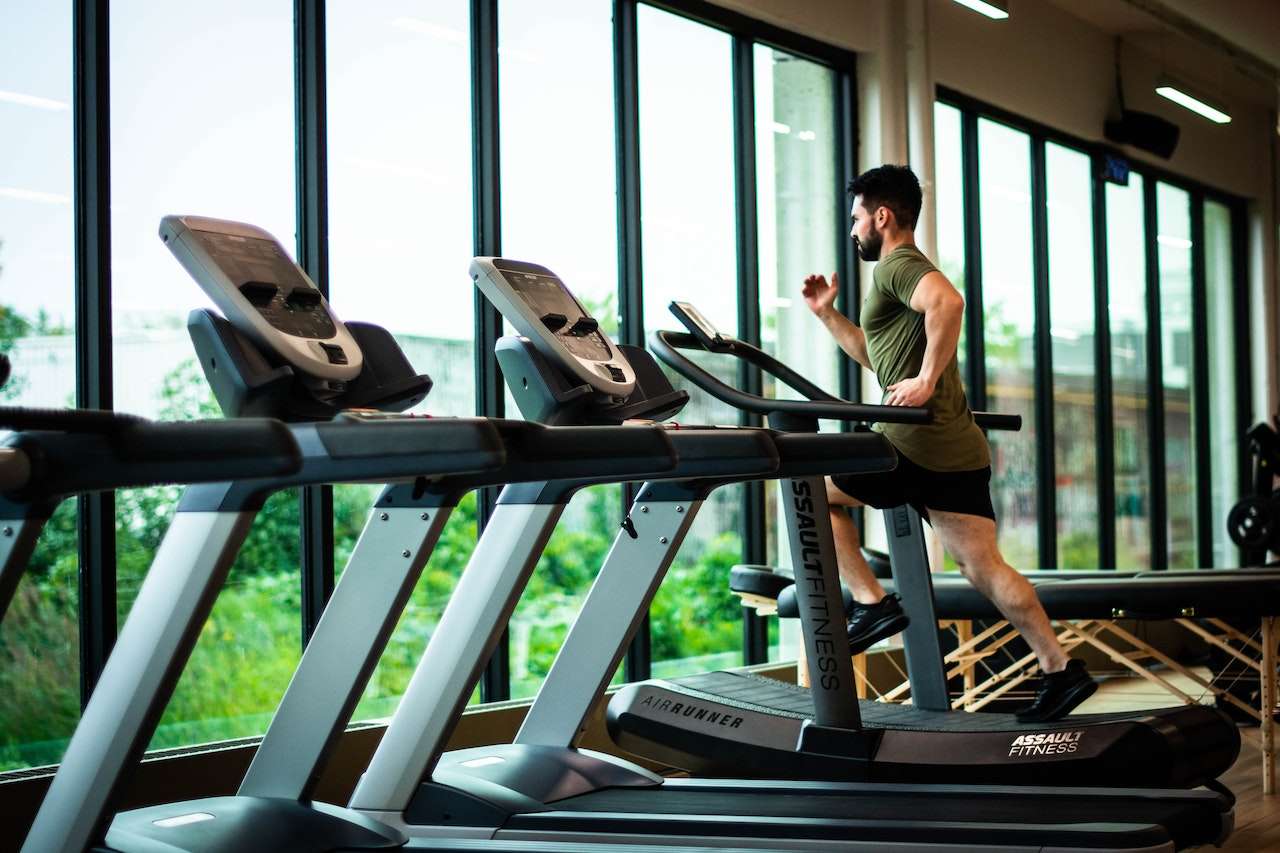

The journey to recovery is multifaceted, and integrating regular physical activity into your treatment plan can provide a host of physical and psychological benefits that facilitate the recovery process.
Exercise is not just about building muscles or losing weight. It’s about fortifying your mind and body against the challenges of recovery. It’s about harnessing the natural power of movement to boost your mood, improve your mental health, and nurture a positive outlook—tools that are vital in the battle against addiction.
But remember, while exercise can be an empowering tool, it is most effective when used as part of a comprehensive recovery plan. That could include medication, therapy, support groups, and, importantly, the steadfast commitment to a healthier, substance-free lifestyle.
The road to recovery can be difficult, but you are not alone. With the right support and resources—including the transformative power of exercise—you can embark on your journey to sobriety with confidence and resilience.
Sources:
https://www.webmd.com/mental-health/addiction/exercise-help-addiction-recovery
https://www.health.harvard.edu/blog/can-exercise-help-conquer-addiction-2018122615641
https://www.gatewayfoundation.org/addiction-blog/benefits-exercise-for-recovery/
https://www.alcoholrehabguide.org/treatment/alcohol-and-fitness/


